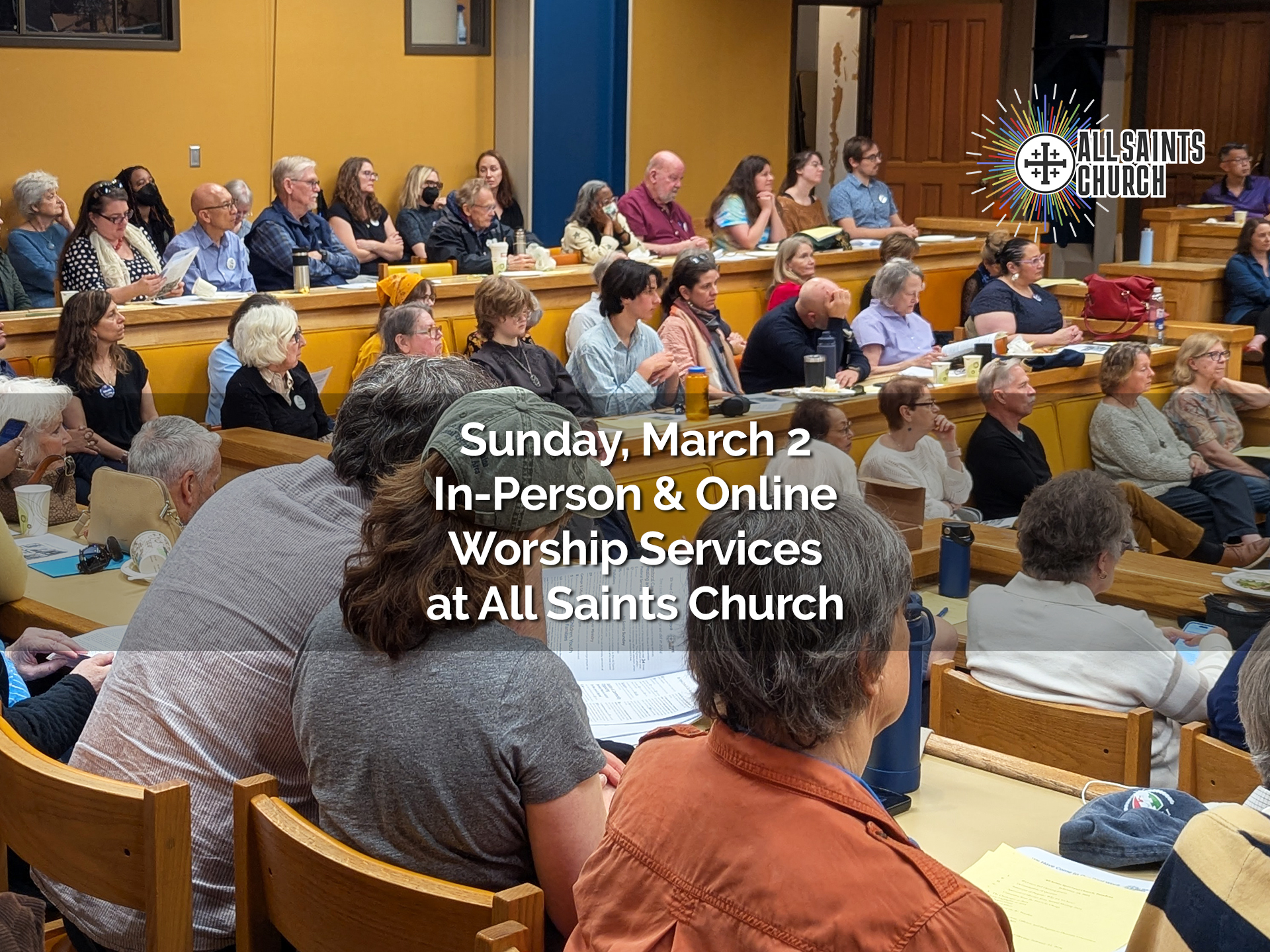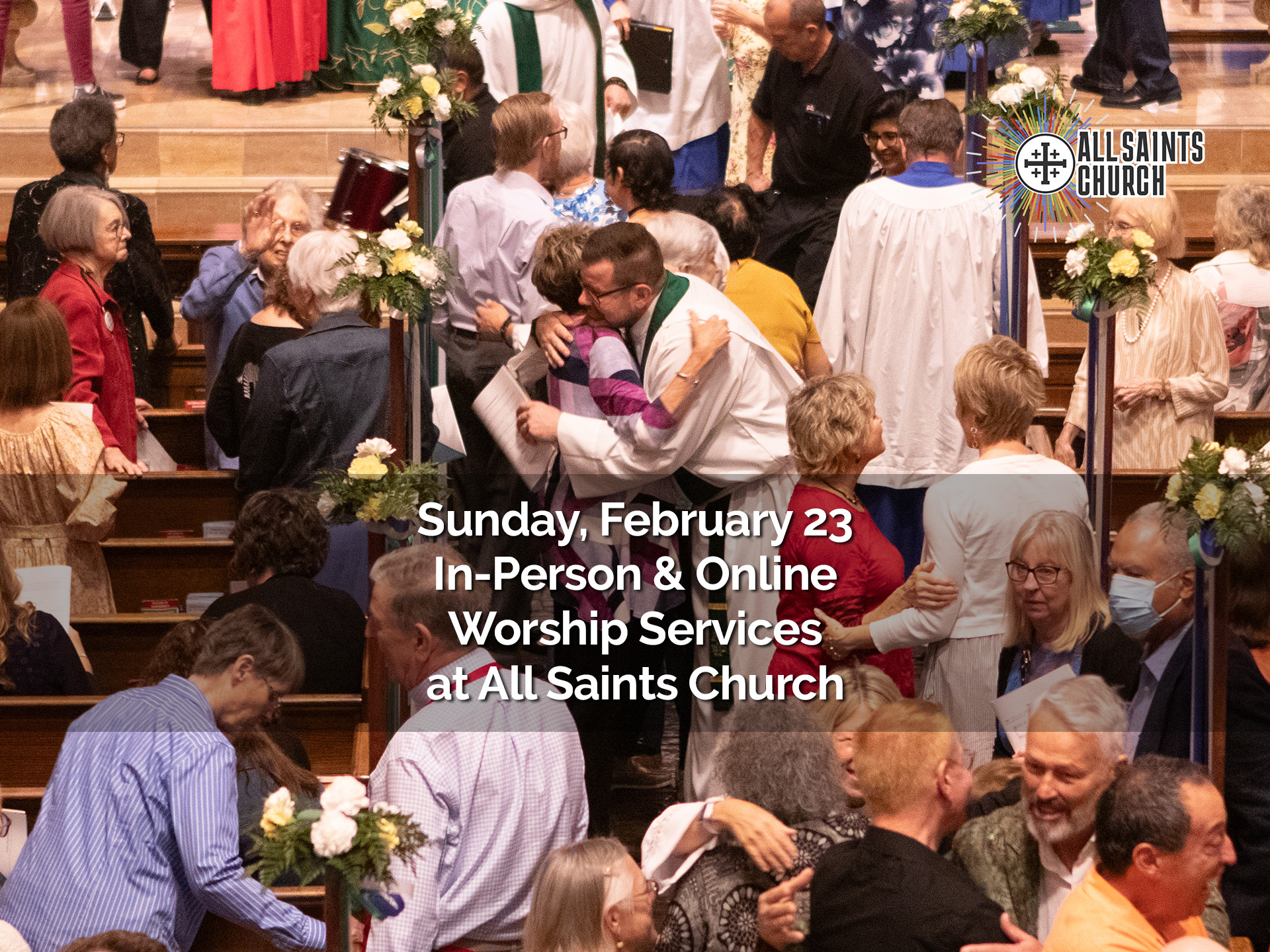The Gospel isn’t meant to be gulped down on Sunday morning, but gnawed on through the week so it really becomes a part of us. You’ve got to work at it, like a dog with a good bone! Here’s the Gospel for this coming Sunday — Palm Sunday — with food for thought on making bold, difficult choices for love. Gnaw away!
Palm Sunday: Mark 11:1-11
As they approached Jerusalem, and came to Bethphage and Bethany, at the Mount of Olives, Jesus sent off two of the disciples with this instruction: “Go to the village straight ahead of you, and as soon as you enter it, you will find tethered there a colt on which no one has ridden. Untie it and bring it back. If anyone says to you, `Why are you doing that?’ say, `The Rabbi needs it but will send it back very soon.'”
So they went off, and finding a colt tethered near a gate, they untied it. Some of the bystanders said to them, “What do you mean by untying that colt?” They answered as Jesus had told them to, and the people let them take it.
They brought the colt to Jesus and threw their cloaks across its back, and he sat on it. Many people spread their cloaks on the road, while others spread leafy branches which they had cut rom the fields. And everyone around Jesus, in front or in back of him, cried out,
“Hosanna!
Blessed is the one who comes in the name of our God!
Blessed is the coming reign of our ancestor David!
Hosanna in the highest!”
Jesus entered Jerusalem and went into the temple precincts. He inspected everything there; but since it was already late in the afternoon, he went out to Bethany accompanied by the Twelve.
The Backstory – What’s Going On Here?
The story of Jesus’ triumphal entry into Jerusalem is the beginning of the
final section of Mark’s Gospel. The crowd, many of whom we expect has never
seen Jesus and only heard stories of his miracles, sees this as not the
beginning of the end but the beginning of the beginning. They are hopeful
Jesus will be the one to take the throne of their ancestor David.
Those who have been paying attention to the story that has come before
(which, we hope, includes the disciples) recognize the deep irony in the
people’s joy. Jesus has already predicted his passion and death three
times. His final act before going up to Jerusalem was the healing of blind
Bartimaeus — literally taking one of the most marginalized people around,
someone even his disciples didn’t want to have anything to do with, and
putting him in the center of the community. Jesus is not going to be the
leader who takes the reins of the oppressive system and makes it work for
the people of Israel … Jesus is going to shut the whole system down.
If there is any doubt about this in the crowd that day, it is quickly
erased the next when Jesus goes into the Temple and overturns the
moneychangers’ tables. Then it becomes clear that this really is the
beginning of the end.
A few things to chew on:
*For all the joy and celebration and seeming finality of Jesus’ entry into
Jerusalem, what this passage describes is essentially an announcement of
his presence and a scouting trip. In Mark, Jesus doesn’t stick around in
Jerusalem but takes a look around and then heads back a mile and a half
outside the city to Bethany (which literally means “the house of unripe
figs” — interesting seeing that Jesus will curse a fig tree on his way
back in to Jerusalem in the morning!). Bethany was also called “the house
of misery” because of the poor and lame who lived there. Jesus stayed there
with his friends … Mary, Martha, Lazarus.
Chew on that for a bit. Jesus didn’t aspire to friendships with the rich
and powerful. Jesus found his friends, the people he felt comfortable
enough to stay with, among those who lived in “the house of misery” and
“the house of unripe figs.” Jesus is most at home with those who are most
out of power.
*The crowd chants, “Blessed is the coming reign of our ancestor David.” I wonder if they knew
what they were saying about themselves when they said this. David was the
king God anointed when the people of Israel had gone astray — first by
demanding a king, and second by following the king God gave them, Saul.
David’s emergence reminded the people that they were not like other
nations, people of a king. Instead, they were people of the living God …
and they must live and judge themselves by completely different standards.
Given that, it would be silly to expect an “Ancestor of David” to take the
expected route of military insurrection, for him to play by the rules like
other human rulers. What are our expectations of Jesus? What rules do we
expect Jesus to play by?
Try This:
One of the easiest things to become a prisoner of is the expectations of
others. Our lives are full of times when we can choose between doing the
hard thing that confounds other’s expectations and the easy thing that will
be celebrated by whomever the crowd might be.
This week, take a few minutes each morning to think about the day past and
the day to come. Where are you held hostage by expectations of others? What
opportunities to make bold, difficult choices for love lie before you? How
can you ask God for the gift of discernment and the grace and power to live
with integrity?
Steadfast Love
Blessed is the one who comes in the name of our God!
The song the crowd sings is taken in part from Psalm 118 — a psalm of
victory. And while they imagine Jesus is coming to deliver them in the form
of kicking the Romans out of Jerusalem, the psalm is still appropriate.
Look at how it begins:
I thank you, YHWH, for your goodness!
Your love is everlasting!
Let Israel say it:
‘Your love is everlasting!’
Let the house of Aaron say it,
‘Your love is everlasting!’
Let those who revere YHWH say it,
‘Your love is everlasting!’
Knowing what we know about how Jesus entry into Jerusalem ends, could there
be a more appropriate psalm to sing on his entry?
Think of what the people of Israel have been through. God has delivered
them out of bondage in Egypt and led them into the land promised to them.
And time and time again, the people have rejected God, have rejected God’s
commandments — particularly the first one, You shall have no other Gods
but me.
But God has remembered the covenants God made with Abraham and Noah. God
has refused to abandon God’s people. God’s steadfast love has endured
forever.
And now here God is, going to the heart of the power that is oppressing the
people of Israel. Jesus, willing to give his life for love of the world.
God’s steadfast love endures forever.
Like the people of Israel, we are people of multiple failures. We chase
after other gods, we fall short of God’s hopes and dreams for us on a daily
if not hourly basis.
And we are acutely aware of our shortcomings. We hide them in shame. We
look at them in the secrecy of our heart and are convinced we are not good
enough — that if people only knew, they would not like us, much less love
us. And God? How could God possibly love someone as fallible as me?
And yet we see Jesus going into Jerusalem year after year and we
remember…
God’s steadfast love endures forever.
Each year, Palm Sunday and Holy Week remind us that God never, never, ever
gives up on us. That God never, never, ever stops adoring us. That God
never, never, ever stops luring us to join God in living a life of deep
love and joy.
The crowd didn’t have it wrong … not really. They didn’t understand what
victory was going to look like, but they were right to sing the victory
song.
And so are we.
Check out the rest of Sunday’s readings
The Lectionary Page has all of the readings for this Sunday and every
Sunday — [3] [4]click here for this Sunday’s readings.
Collect for Sunday
Pray this throughout the week as you gnaw on this Gospel.
Almighty and everliving God, in your tender love for the human race you
sent your Son our Savior Jesus Christ to take upon him our nature, and to
suffer death upon the cross, giving us the example of his great humility:
Mercifully grant that we may walk in the way of his suffering, and also
share in his resurrection; through Jesus Christ our Lord, who lives and
reigns with you and the Holy Spirit, one God, for ever and ever. Amen.
Want to read more?
[5] “The Text This Week” is an excellent online resource for anyone who
wants to dive more deeply into the scriptures for the week.
References
1. http://www.bookofcommonprayer.net/palm_sun.php
2. http://www.lectionarypage.net/YearB_RCL/HolyWeek/BPalmSun_RCL.html#GospelWord2
3. http://www.lectionarypage.net/YearA_RCL/Epiphany/AEpi6_RCL.html
4. http://www.lectionarypage.net/YearB_RCL/HolyWeek/BPalmSun_RCL.html
5. http://www.textweek.com/



